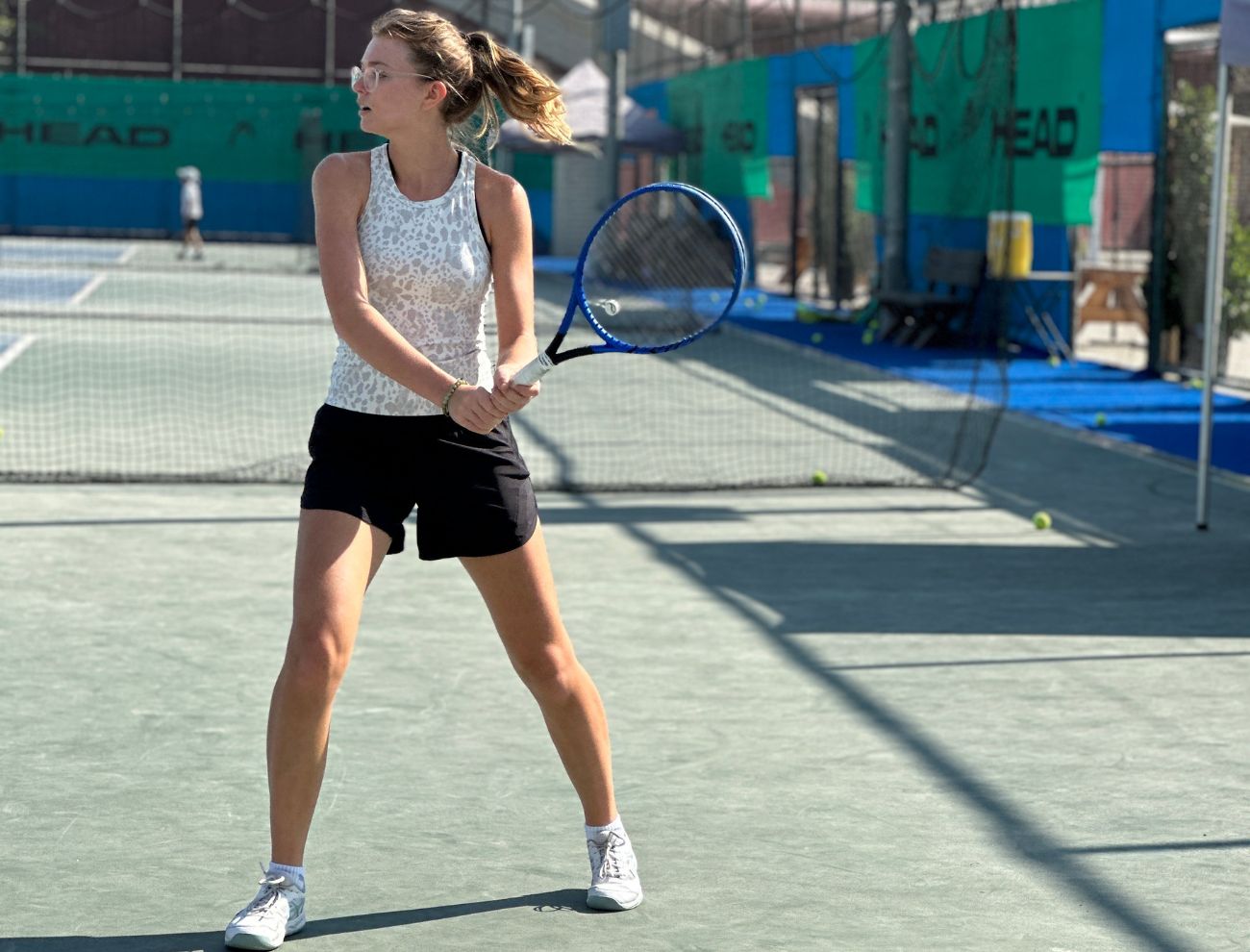We often marvel at the endurance and power displayed by top athletes on the court, but the real secrets lie in their nutrition and fitness regimes. Let’s explore what those in the know like Joe Cianciotto have to say about how the pros maintain peak performance and how you can apply these strategies to your own game.

The Foundation: Fitness Training for Tennis
At the heart of every great tennis player’s routine is a solid fitness program. This isn’t just about hitting the gym – it’s a comprehensive approach that includes strength, agility, endurance, and flexibility training.
- Strength Training: Building muscle strength, particularly in the legs, core, and upper body, is essential. Exercises like squats, deadlifts, and bench presses are staples. They enhance power and stability, crucial for those explosive movements on the court.
- Agility and Speed Drills: Tennis is a game of quick reactions and fast movements. Ladder drills, cone drills, and sprint intervals help improve footwork and overall agility, making players quicker and more responsive.
- Endurance Work: Long matches require exceptional stamina. Pros incorporate cardiovascular training like running, cycling, and swimming to build their endurance. Interval training, which alternates between high and low intensity, is particularly effective.
- Flexibility and Recovery: Stretching routines, yoga, and Pilates are integral for maintaining flexibility and preventing injuries. Post-match recovery sessions, including foam rolling and massage, help keep muscles in top condition.
The Fuel: Nutrition for Peak Performance
Nutrition is the other half of the equation, providing the energy needed to sustain those grueling rallies and long matches. Here’s what the pros focus on:
- Balanced Diet: A balanced diet rich in carbohydrates, proteins, and fats is essential. Carbohydrates provide the primary energy source, proteins aid in muscle repair and growth, and fats are crucial for long-term energy and cell function.
- Pre-Match Nutrition: Eating the right foods before a match can make all the difference. Complex carbohydrates like whole grains, fruits, and vegetables provide sustained energy. A moderate amount of protein helps keep hunger at bay. Hydration is also key – drinking plenty of water and electrolyte-rich beverages ensures optimal muscle function.
- In-Match Fueling: During matches, players need quick sources of energy. Bananas, energy gels, and sports drinks are common choices to maintain glucose levels and prevent fatigue.
- Post-Match Recovery: After the battle, it’s all about recovery. Proteins and carbohydrates are crucial to replenish glycogen stores and repair muscles. Smoothies, protein shakes, and balanced meals with lean protein and veggies are ideal.
Real-Life Regimens
Let’s look at some real-life examples of how top players incorporate these principles:
- Novak Djokovic: Known for his gluten-free diet, Djokovic emphasizes the importance of eating clean and avoiding processed foods. His diet includes plenty of fruits, vegetables, lean proteins, and whole grains. He also practices yoga and mindfulness, highlighting the importance of mental fitness alongside physical conditioning.
- Serena Williams: Serena’s training includes a mix of strength training, agility drills, and endurance work. Her diet is rich in plant-based foods, and she focuses on staying hydrated and fueling with nutrient-dense snacks during matches.
- Rafael Nadal: Nadal’s fitness regime is legendary, with a strong emphasis on core strength and flexibility. His diet includes a balance of carbohydrates, proteins, and healthy fats, with a focus on Mediterranean cuisine.
Tips for Recreational Players
You don’t have to be a pro to benefit from these strategies. Here are some practical tips for incorporating fitness and nutrition into your routine:
- Plan Your Meals: Focus on whole foods and balanced meals. Prepare pre- and post-match snacks to keep your energy levels stable.
- Consistency is Key: Regular fitness training, even if it’s just a few times a week, will improve your game and overall health.
- Listen to Your Body: Pay attention to how your body responds to different foods and exercises. Everyone is different, so find what works best for you.
Nutrition and fitness are the backbone of any successful tennis player’s regimen. By understanding and applying these principles, you can enhance your performance and enjoy the game to its fullest. Remember, it’s about building a sustainable routine that supports your physical and mental well-being.
